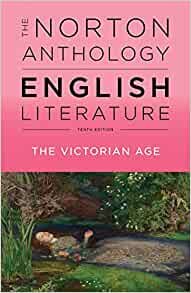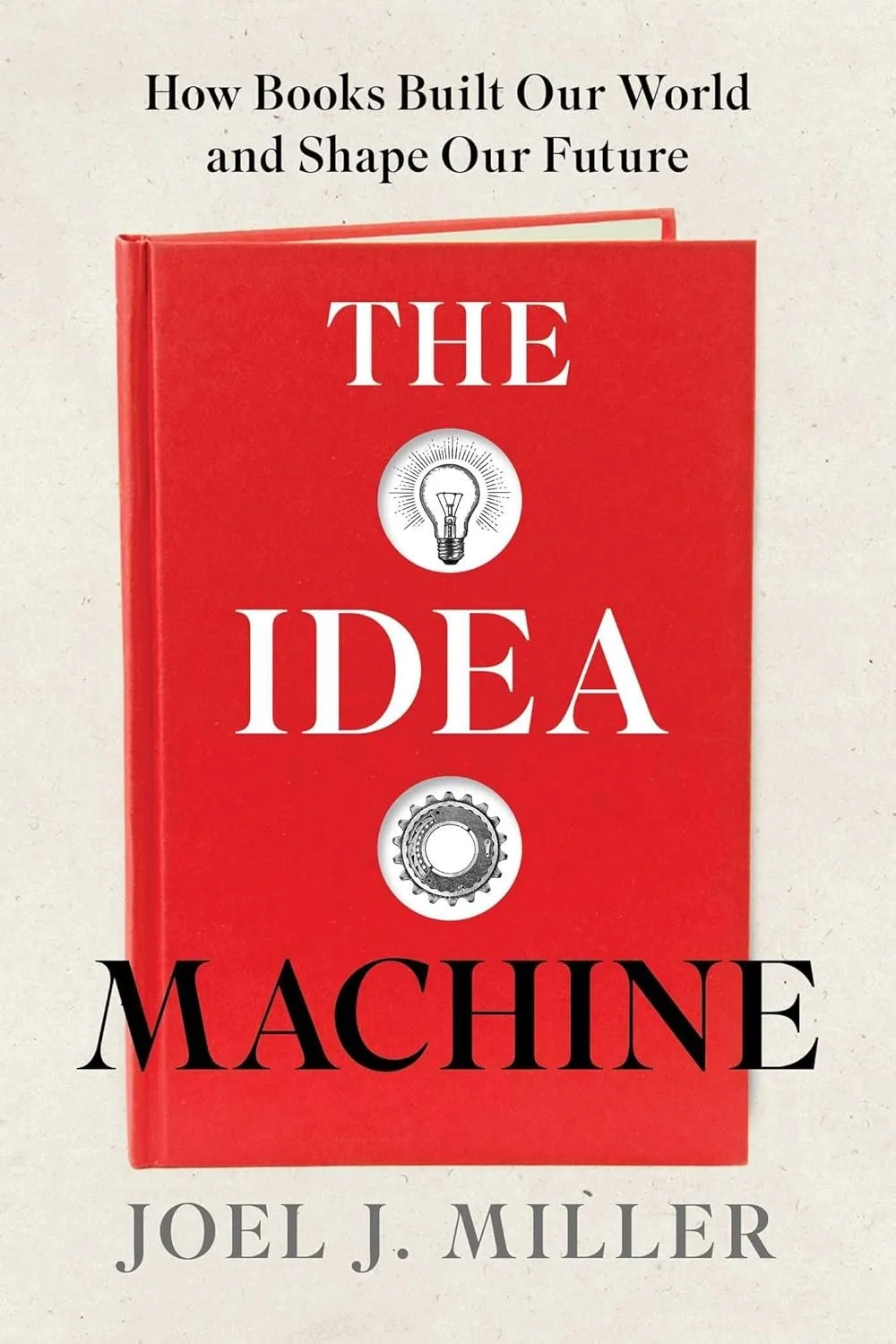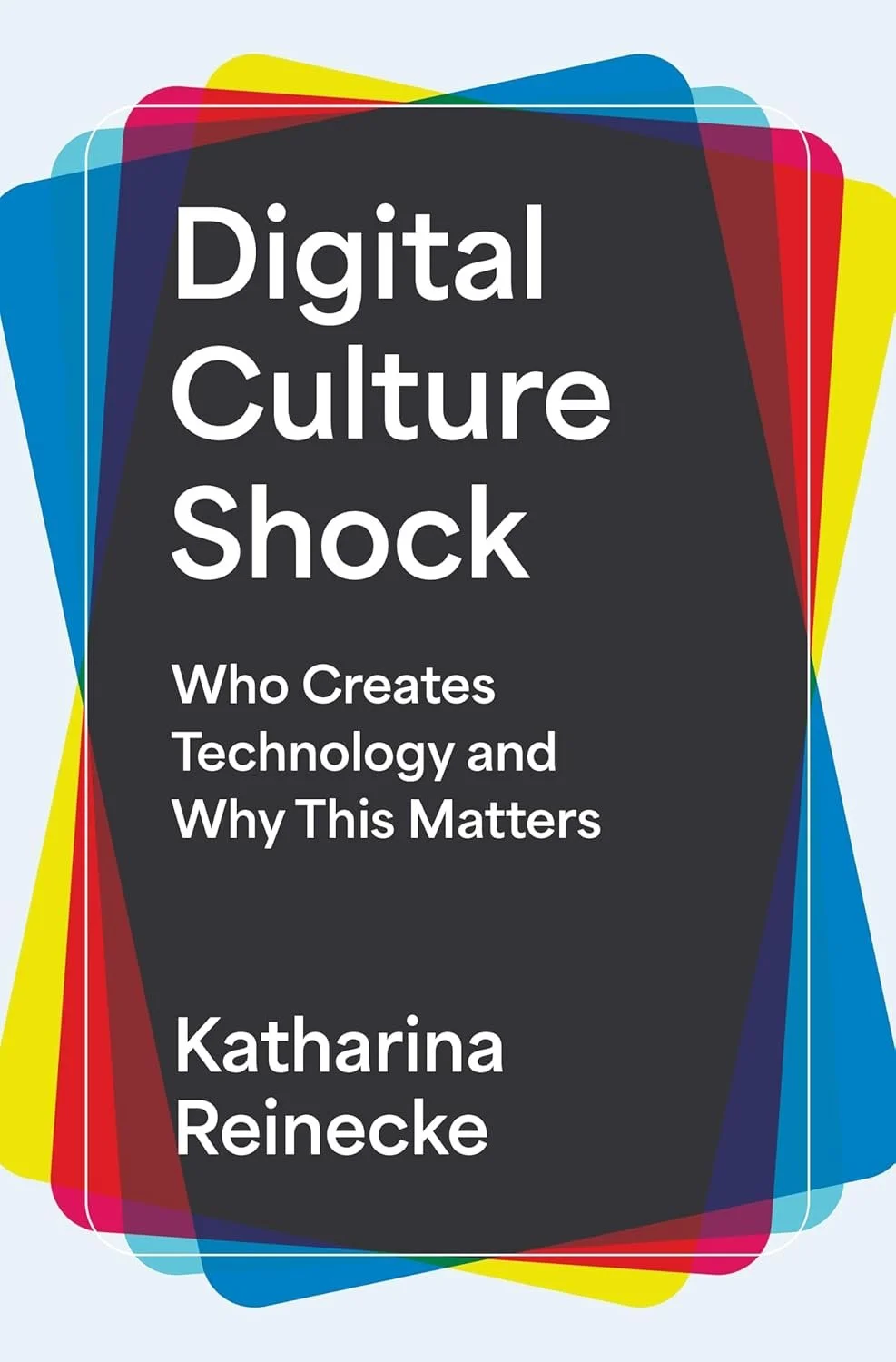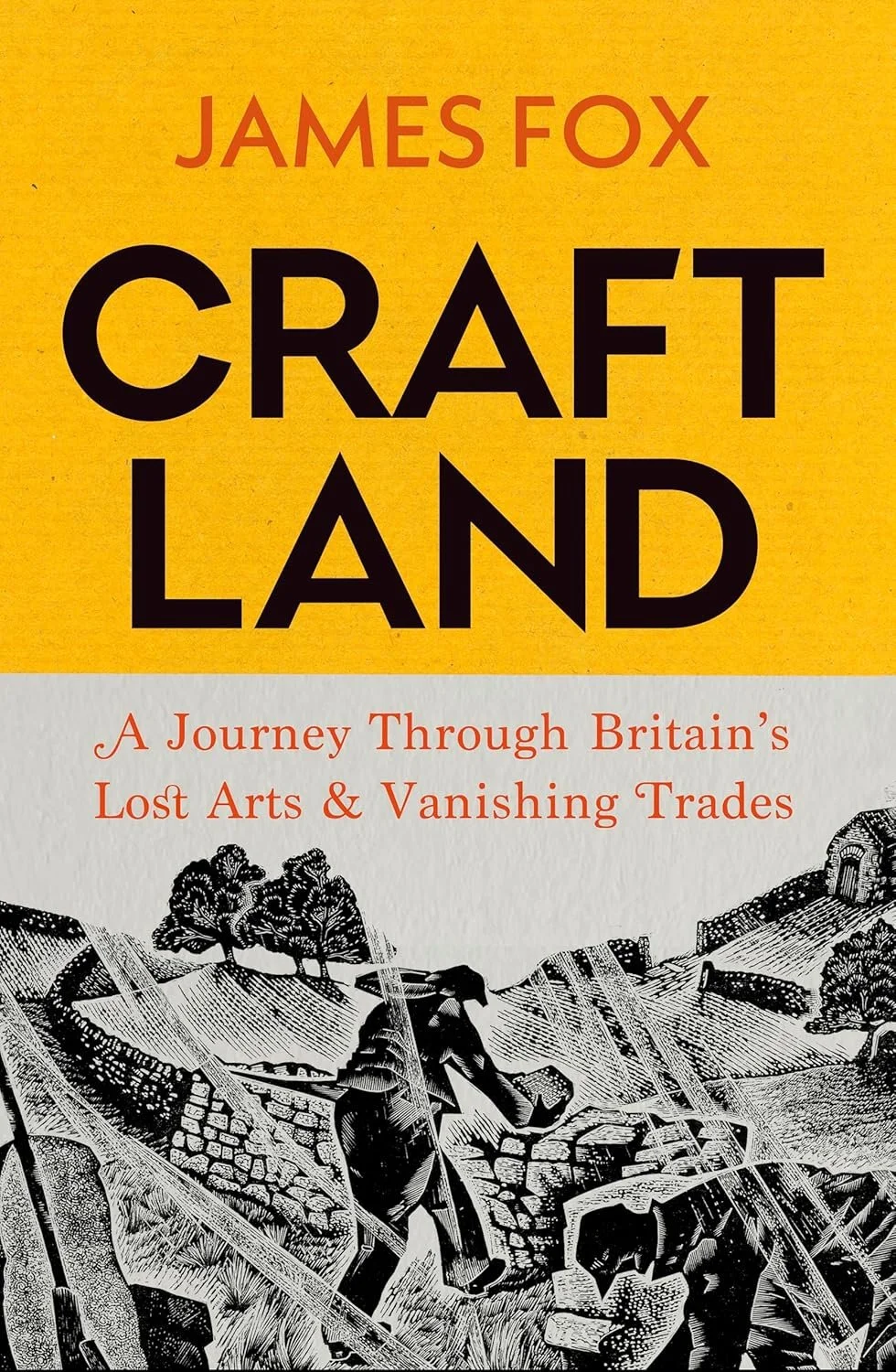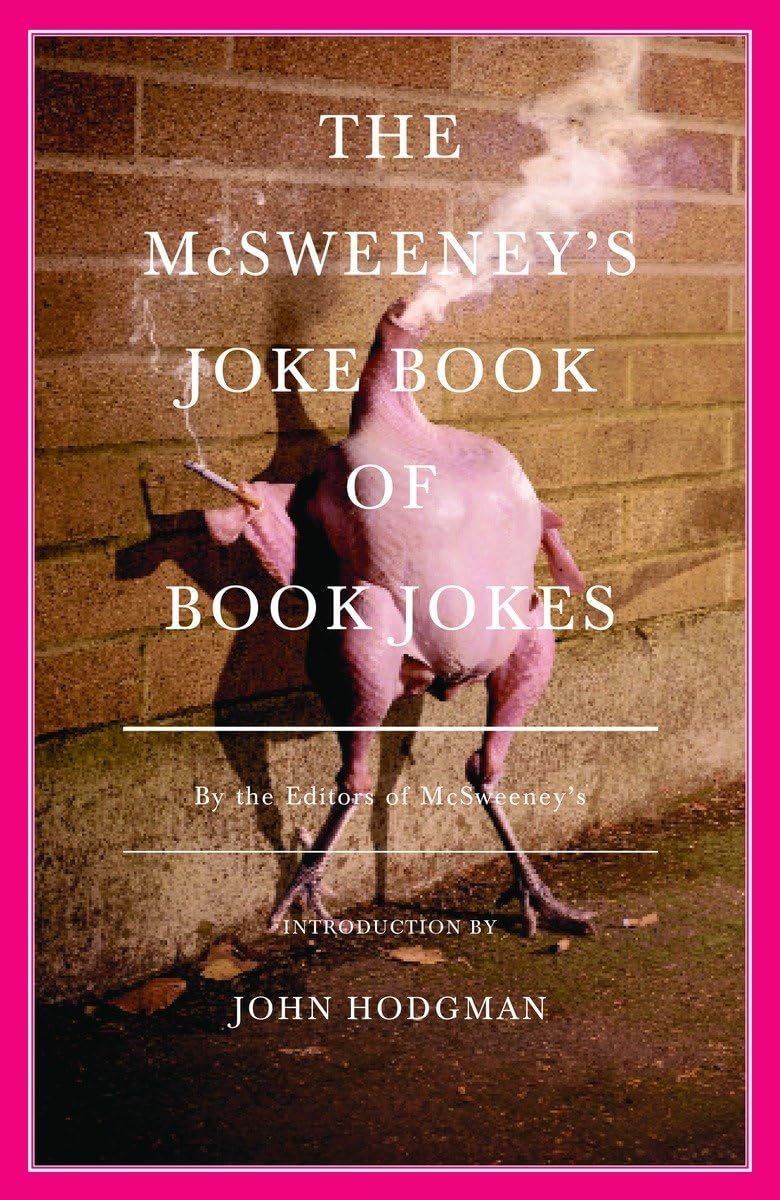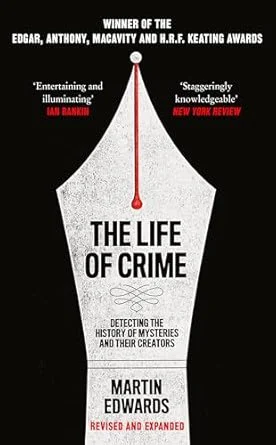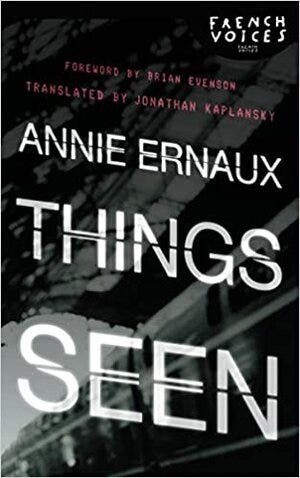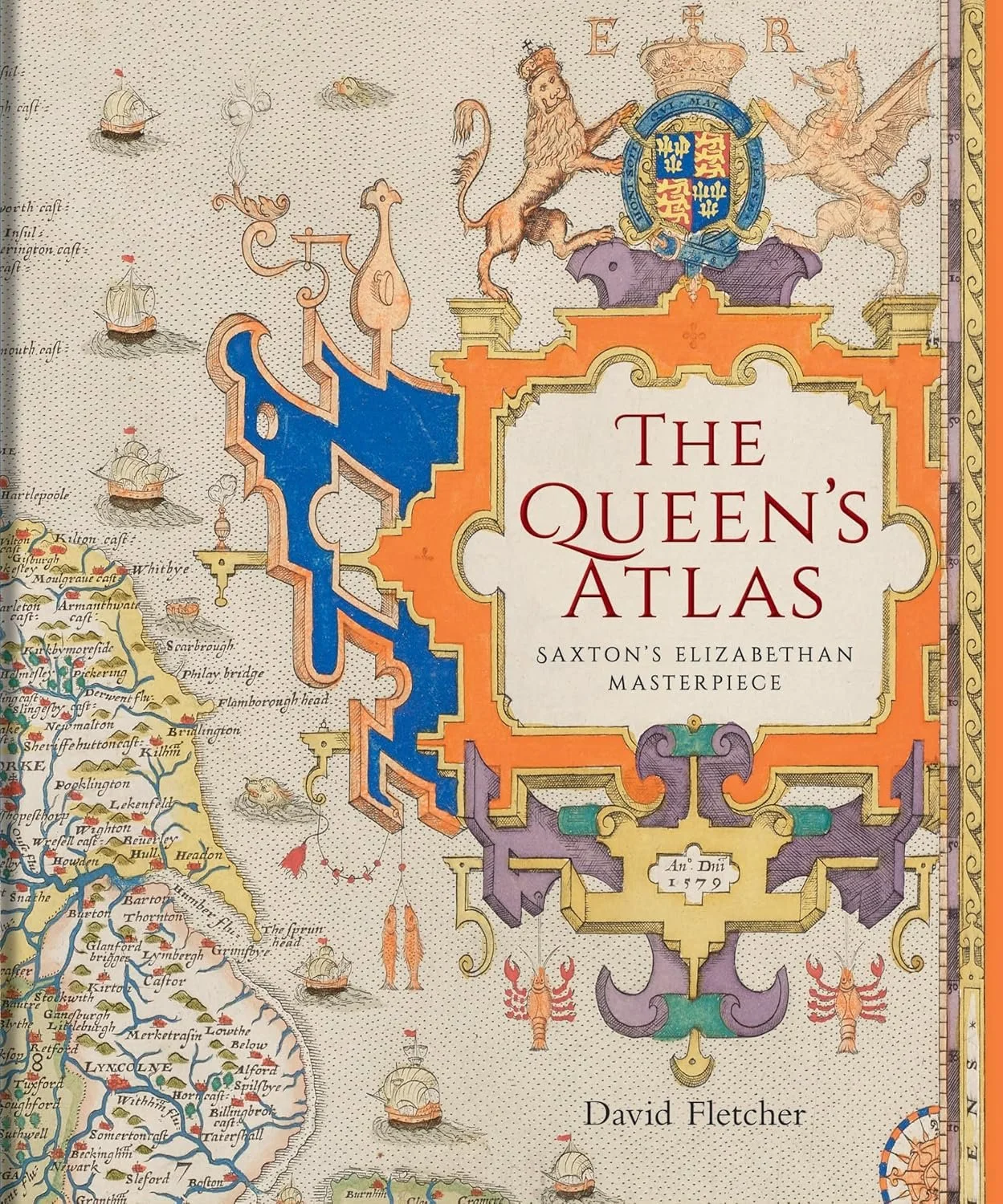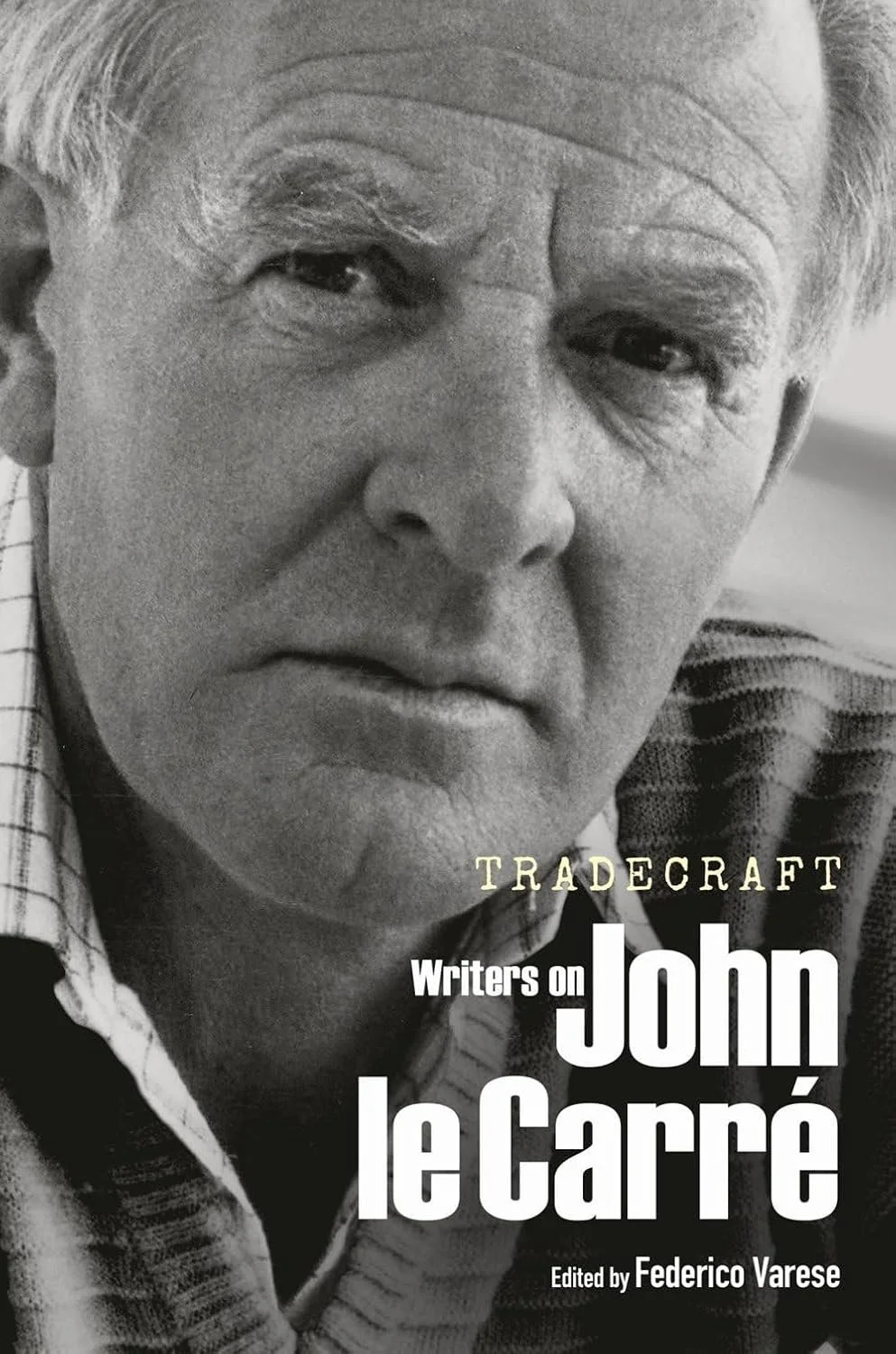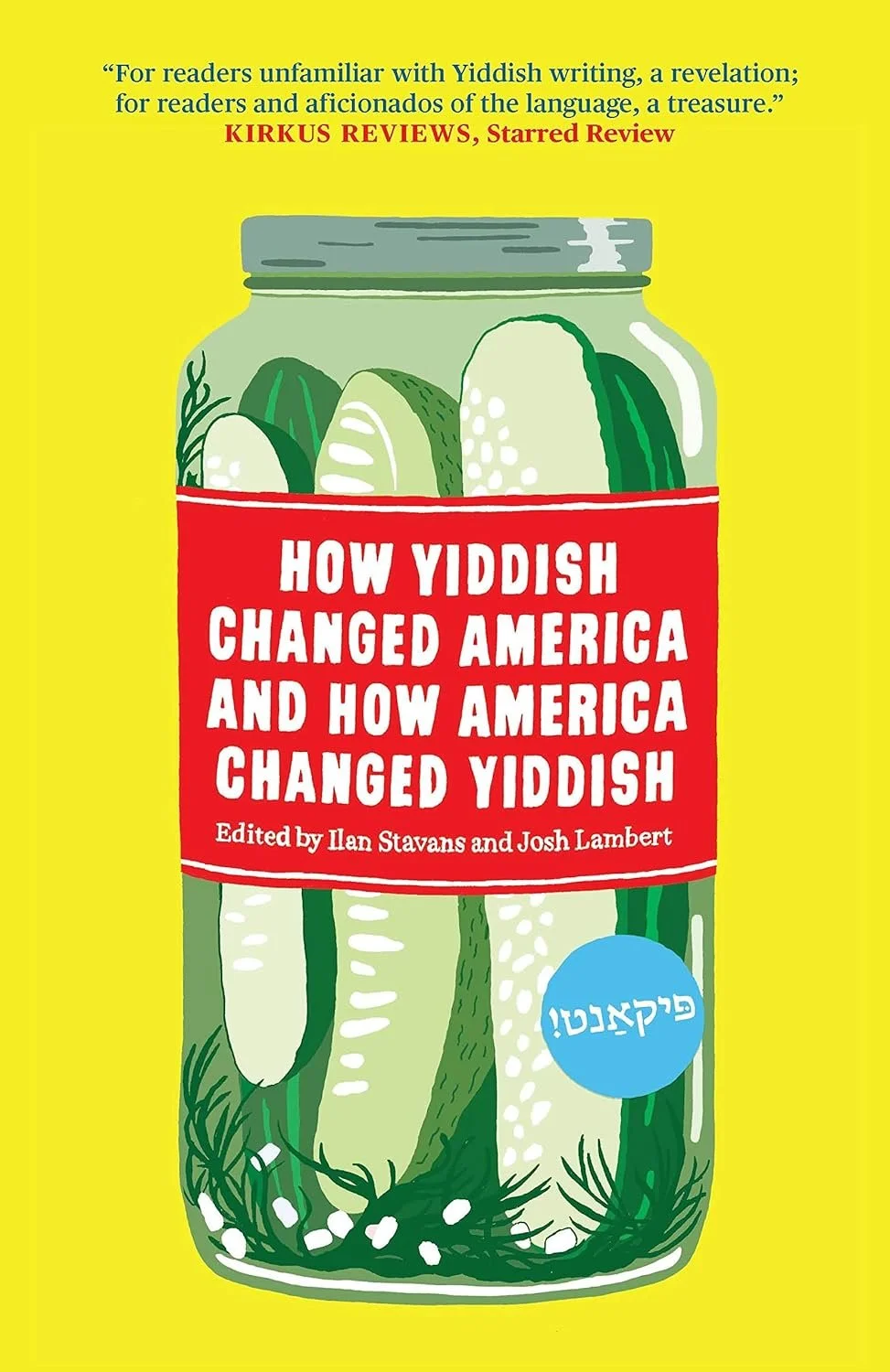Covering the period 1830 to 1901, this is a treasure chest. It not only contains a huge sampling of both prose and poetry, but places them into an historical context.
The introduction to the book gives the reader a broad sweep of what was going on in those seventy odd years (such as the decline of Victorian values, industrialisation, suffrage), and several mini essays throughout provide introductions to the writers and their concerns.
The samples work well: a section from Hard Times convinced me to read the full novel, and I discovered a wonderful essay by George Eliot. Highly recommended.
I am currently experimenting with writing articles of exactly 100 words in length. This is one of them.
I submitted my review of this book to Teach Secondary magazine, an educational magazine in the UK. The first review below is what the magazine published. The second one is what I actually wrote! In substantive terms there is little difference between the two, but you may find it interesting to see what the editor altered.
I submitted my review of this book to Teach Secondary magazine, an educational magazine in the UK. The first review below is what the magazine published. The second one is what I actually wrote! In substantive terms there is little difference between the two, but you may find it interesting to see what the editor altered.
I submitted my review of this book to Teach Secondary magazine, an educational magazine in the UK. The first review below is what the magazine published. The second one is what I actually wrote! In substantive terms there is little difference between the two, but you may find it interesting to see what the editor altered.
I submitted my review of this book to Teach Secondary magazine, an educational magazine in the UK. The first review below is what the magazine published. The second one is what I actually wrote!
This is a great book for dipping into at random, and can work in two ways. One would be for sheer pleasure. The other would be to check your knowledge of the allusions. And, of course, knowing them is likely to elicit even more pleasure.
At times beautiful, at times cynical, at times hard-hitting, Things Seen is an endearing and accurate portrayal of a modern city.
I submitted my review of this book to Teach Secondary magazine, an educational magazine in the UK. The first review below is what the magazine published. The second one is what I actually wrote! In substantive terms there is little difference between the two, but you may find it interesting to see what the editor altered.
Review: Tradecraft: Writers on John le Carré -- two reviews in one!
I bought this book two or three years ago, and it has given me a huge amount of pleasure.

